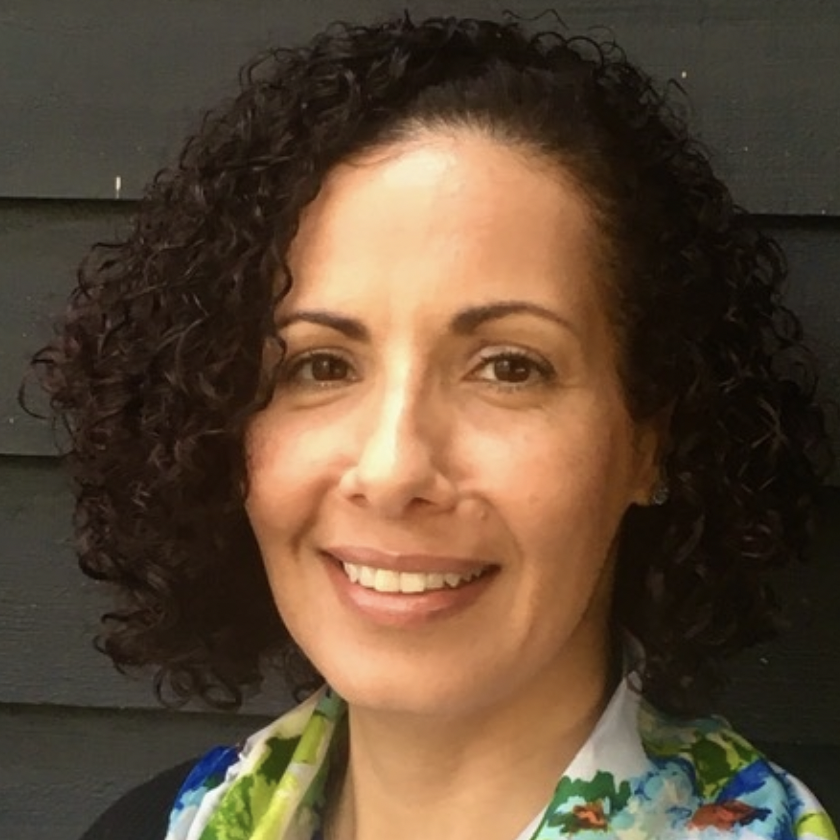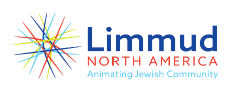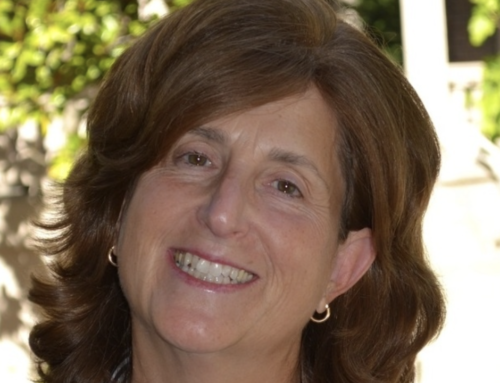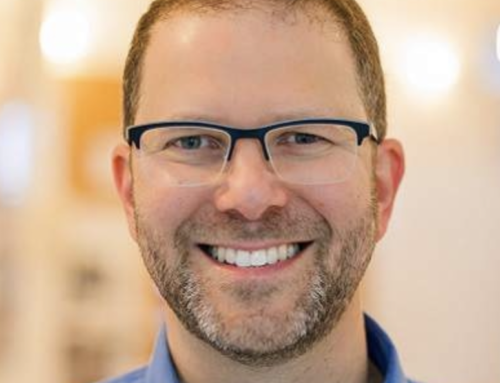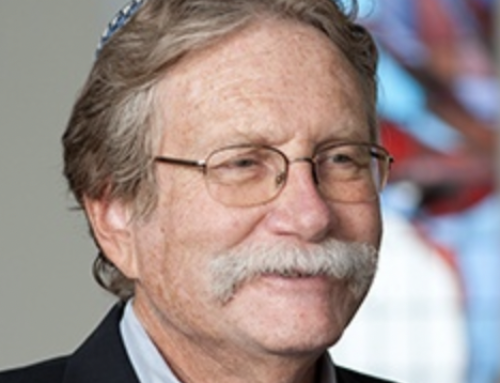In the past two years, I have been writing a historical novel about British Aden (South Yemen) in the late 1940s. Doing research and writing, I have learned three life lessons:
1. Empathy
Dr. Daniel Elkana managed the Hashed refugee camp in Sheikh Othman, outside of Aden, from July 1946 to February 1947. I read a lot of criticism about his failed management, which led to his replacement by Dr. Olga Feinberg, and I was ready to reflect it in my story. But when I wrote the dialogue between these two doctors, I started to understand the difficult situation he was in: the only doctor and manager of a refugee camp of nearly 1,000 people. Channeling his character by writing a dialogue with him made me empathize with him.
Put yourself in the other’s shoes to understand their point of view.
2. Don’t Let Others Define Who You Are
For many people in Israel, the Yemeni culture relates to singing and dancing, pastries, silver jewelry, and colorful Henna weddings. Since I do not demonstrate most of these traits, people often called me “a fake Yemeni.” In my research, I learned a lot about Yemen, and I discovered less-known cultural details that resonated better with who I am.
Stereotypes are social shortcuts and personal shortcomings.
3. What You Hate Now Might Serve You Later
In high school, I had to study Arabic. It was an excruciating experience for me, and a day with an Arabic class was a bad day. Now, 30 years later, knowing the language has a pivotal role in my research for my novel.
The pain of the present is the blessing of the future.
